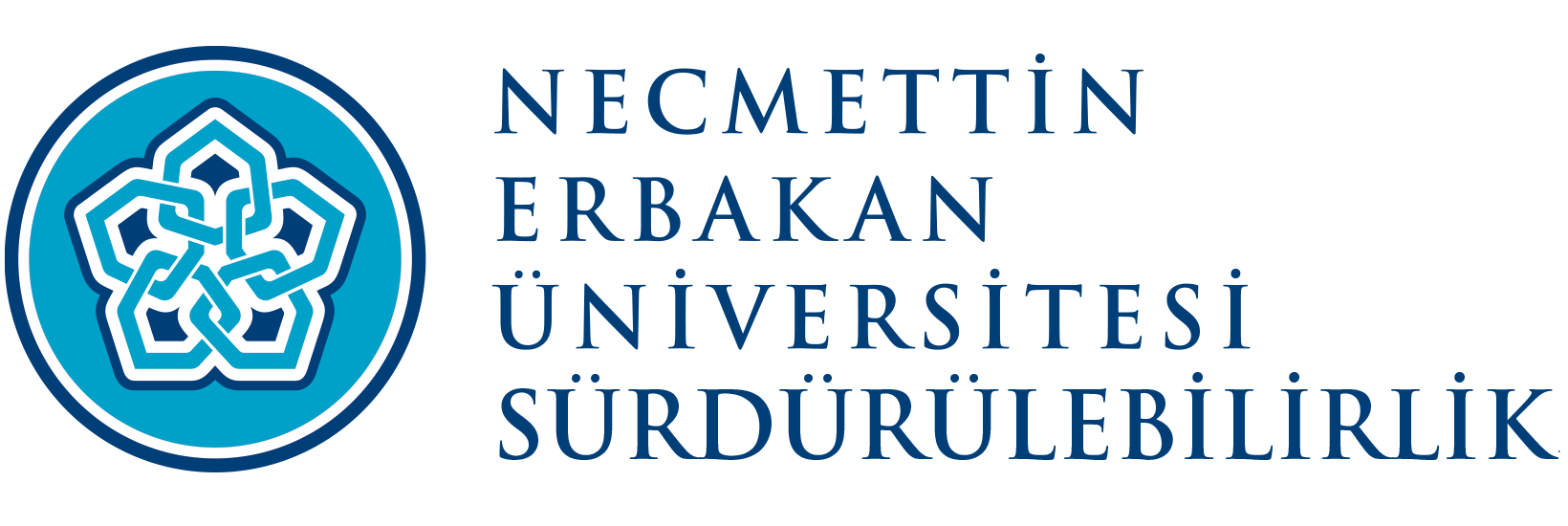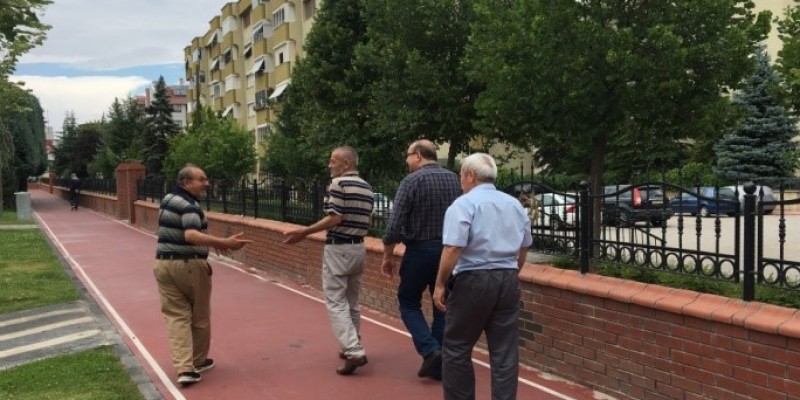
1 October World Older Persons Day

| Tarih | 30.09.2022 |
| Birim | Faculty of Nursing |
| SDG | Good Health and Well-Being |
1 OCTOBER IS WORLD OLDER PEOPLE'S DAY. The rate of elderly population is increasing worldwide and in our country. The elderly population rate in the world is 9.6% in 2021. In our country, the ratio of the population over the age of 65 in the total population was 8.3% in 2016, and increased to 9.7% in 2021. According to population projections, the elderly population rate is predicted to be 11.0% in 2025, 16.3% in 2040, 22.6% in 2060 and 25.6% in 2080 (TUIK, 2021). According to TÜİK 2021 data, life expectancy at birth was 78.3 years in total for Turkey, 75.6 years for men and 81.2 years for women (TUIK, 2021). October 1 is celebrated as World Older Persons Day in our country. With the increasing elderly population, healthy aging, improving health and increasing the quality of life have become even more important. Health promotion practices such as adequate and balanced nutrition, regular physical exercise, not using tobacco, and stress management are effective in achieving these. Appropriate and regular physical activity for the individual, which is one of the best ways to improve the health of the elderly, has been determined as the theme this year. WHO recommends a variety of multicomponent physical activity of moderate or higher intensity on 3 or more days per week for all older adults. More than a quarter of the world's population does not meet the WHO recommendations of at least 150 minutes of moderate or 75 minutes of vigorous physical activity per week. WHO has identified physical inactivity as the fourth leading risk factor of global death, accounting for 6% of global deaths. Physiological changes and diseases that occur due to aging can be prevented or corrected by regular physical activity. Regular physical activity; It is a well-established protective factor for the prevention and treatment of non-communicable diseases such as cardiovascular disease, stroke, diabetes, as well as some types of cancer such as breast and colon cancer. It also contributes to the prevention of other important risk factors for non-communicable diseases such as hypertension, overweight and obesity, and is associated with improved mental health, delayed onset of dementia and improved quality of life and well-being. Fall rates decrease in elderly people who engage in physical activity, and there are positive improvements in the elderly's fear of falling, balance confidence, and quality of life. Therefore, a regular exercise plan can be considered as part of an elderly care program. Home visits made by nurses increase the quality of life of the elderly and have a positive effect on many physical and psychosocial health outcomes. To improve the effects associated with home-based exercise, a minimum of exercise supervision through weekly visits and/or telephone calls is recommended. Pedometer use has been shown to significantly increase physical activity in seniors when a step goal is set. Further evidence has found that group-based interventions promote maintenance of targeted behaviors through peer support. Digital behavior change interventions regarding physical activity in the elderly (use of activity meters, pedometers, mobile applications, smart bracelets, smart watches) show that they are useful for monitoring and encouraging physical activity and improving the health of the elderly. Assoc. Prof. within our faculty. Dr. Under the supervision of Dilek CİNGİL, Lecturer. See. A doctoral thesis on "physical activity and health promotion in the elderly" is also being carried out by Zeynep SAÇIKARA. Department of Public Health Nursing.